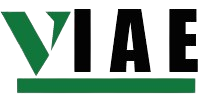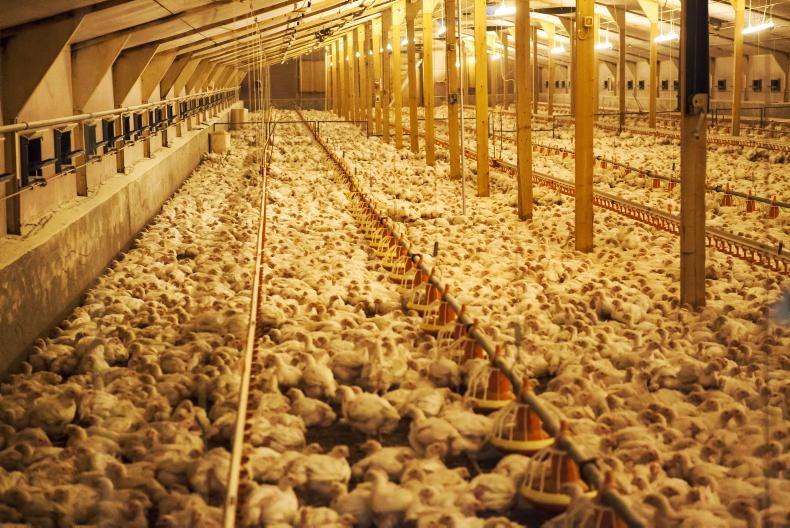Poultry Entrepreneurship Course Outline
Module 1: Introduction to Poultry Entrepreneurship
Unit 1: The Poultry Industry
- Importance and Scope of Poultry Farming
- Significance in agriculture and food industry.
- Contributions to the economy and employment.
- Different Types of Poultry Production
- Overview of broilers, layers, and other poultry types.
- Specifics of each type: production cycles, outputs, and care.
- Market Trends and Opportunities
- Current market dynamics and growth trends.
- Emerging opportunities and niches in poultry farming.
Unit 2: Factors to Consider Before Starting
- Business Feasibility Analysis
- Assessing market demand and potential profitability.
- Evaluating risks and challenges.
- Legal and Regulatory Requirements
- Overview of necessary licenses and permits.
- Compliance with local and international standards.
- Identifying Target Market and Competition
- Market segmentation and customer profiling.
- Analyzing competitors and market positioning.
Module 2: Poultry Farm Management
Unit 1: Poultry Housing
- Design and Construction of Poultry Houses
- Key features of effective poultry housing.
- Building materials and construction techniques.
- Environmental Management
- Importance of ventilation, temperature, and lighting control.
- Techniques for maintaining optimal environmental conditions.
- Biosecurity and Hygiene Practices
- Measures to prevent disease introduction and spread.
- Routine cleaning and sanitation protocols.
Unit 2: Poultry Breeds
- Selecting Breeds Based on Production Goals
- Criteria for choosing meat vs. egg-producing breeds.
- Suitability of different breeds for specific purposes.
- Understanding Breed Characteristics and Management Needs
- Detailed breed profiles and their specific care requirements.
Unit 3: Feeding and Nutrition
- Importance of Balanced Diets
- Nutritional requirements for different stages of poultry growth.
- Benefits of providing a balanced diet.
- Feed Types and Formulation
- Common feed ingredients and their nutritional content.
- Formulating feeds for optimal growth and production.
- Practical Feeding Practices
- Feeding schedules and methods.
- Monitoring feed consumption and adjusting as needed.
Module 3: Poultry Health and Maintenance
Unit 1: Care and Maintenance
- Common Poultry Diseases and Prevention Strategies
- Overview of prevalent diseases and their symptoms.
- Preventive measures and best practices.
- Vaccination and Medication Programs
- Importance of vaccination in disease prevention.
- Proper administration of medications.
- Biosecurity Measures to Minimize Disease Outbreaks
- Implementing strict biosecurity protocols.
- Strategies for controlling disease spread.
- Record Keeping and Flock Management
- Importance of maintaining accurate records.
- Tools and methods for effective flock management.
Module 4: Poultry Products and Marketing
Unit 1: Commercialization and Market Advert
- Processing and Value Addition of Poultry Products
- Techniques for processing eggs and meat.
- Adding value to products to increase profitability.
- Marketing Strategies and Channels
- Effective ways to reach customers (e.g., direct sales, supermarkets).
- Leveraging digital marketing and social media.
- Pricing and Profitability Analysis
- Setting competitive prices while ensuring profitability.
- Conducting cost-benefit analysis.
- Developing a Marketing Plan
- Steps to create a comprehensive marketing plan.
- Identifying key marketing messages and channels.
Module 5: Business Planning for Poultry Enterprise
Unit 1: Writing a Business Plan
- Market Analysis and Competitive Research
- Understanding market dynamics and competitor strategies.
- Identifying opportunities and threats.
- Financial Projections and Costing
- Estimating startup costs and operational expenses.
- Projecting revenue and profit margins.
- Marketing and Sales Strategy
- Crafting a plan to attract and retain customers.
- Identifying sales channels and promotional tactics.
- Risk Management Plan
- Identifying potential risks and mitigation strategies.
- Preparing for unexpected challenges.
Unit 2: Resource Identification and Management
- Land and Infrastructure Requirements
- Determining space and infrastructure needs.
- Efficient utilization of available resources.
- Labour and Equipment Needs
- Identifying staffing requirements and roles.
- Selecting and maintaining necessary equipment.
- Financing Options
- Exploring funding sources (e.g., loans, grants).
- Managing finances and ensuring sustainability.
Expected Outcomes
Learners who complete this course will:
Navigate the regulatory landscape effectively.
Become knowledgeable and skilled poultry entrepreneurs.
Manage a profitable poultry farm from startup to production and marketing.
Handle the technical, managerial, and financial aspects of poultry farming.
Certifications from Cameroon
- Certificate of Poultry Farming from the Ministry of Agriculture and Rural Development.
- Vocational Training Certificate in Poultry Production.
International Certifications:
- Certified Poultry Manager (CPM) from the World Poultry Science Association (WPSA).
- Advanced Certificate in Poultry Farming from the International Livestock Research Institute (ILRI)

